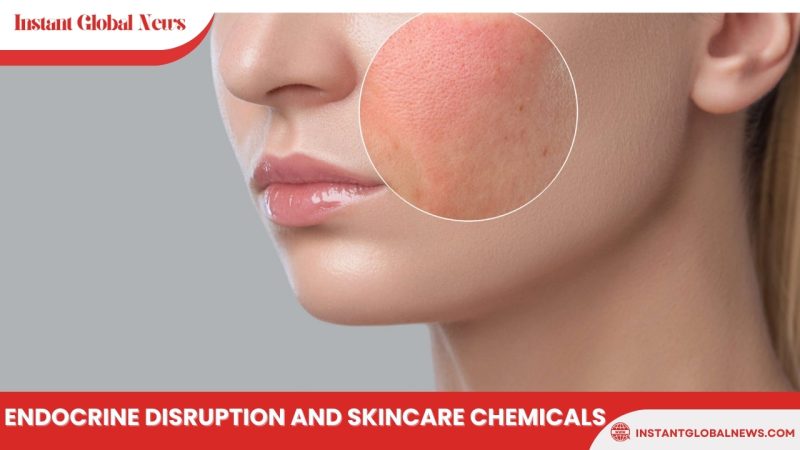Acne vulgaris, a common skin disorder affecting nearly 70 percent of adolescents, is not limited to teenagers alone. It also commonly affects pre-teens and post-teens, including women with persistent acne and late-onset acne. With the rise of pediatric acne starting at an earlier age, it is crucial for dermatologists to address the specific questions, concerns, and clinical challenges faced by these subsets of acne patients.
Importance of Cleanser and Moisturizer Ingredients, Design, and Product Selection
In the management of acne, skin care plays an integral role. One of the key factors to consider is the selection of cleanser and moisturizer ingredients. These products should be chosen carefully to ensure efficacy, safety, and optimal results.
The Impact of Skin Care Recommendations
Education about fundamental skin care recommendations for patients with acne is highly appreciated and has been shown to reduce signs and symptoms of cutaneous irritation. It is important to provide patients with guidance on the right products to use and how to incorporate them into their skincare routine effectively.
Addressing Efficacy and Safety Considerations
When it comes to selecting cleansers and moisturizers for acne-prone skin, dermatologists must prioritize both efficacy and safety. Products that are specifically formulated for acne-prone skin can help alleviate symptoms and prevent further breakouts. It is essential to choose non-comedogenic and oil-free products that will not exacerbate acne.
Psychosocial Impact on Patients
Acne is not just a physical condition; it can have significant psychosocial effects on patients. The visibility of acne lesions on the face can cause distress and impact overall quality of life. Scarring and dyschromia, which can occur after the resolution of acne, further prolong the adverse psychosocial effects. Dermatology practices should take into account the emotional impact of acne and provide comprehensive support to patients.
Diversity and Prevalence of Acne
Acne is an equal opportunity disease, affecting individuals of all ethnicities and skin colors. Studies have shown that the prevalence of acne varies among different racial and ethnic groups. African Americans have the highest prevalence of acne, followed by Hispanics, Asians, Caucasians, and Continental Indians. It is important for dermatologists to consider the unique needs and challenges faced by patients from diverse backgrounds.
Prolonged Course and Management
Acne is a chronic condition that can last for several years. While it is not curable, it can be effectively managed with appropriate treatment and skincare. Consistent adherence to a long-term therapy plan, along with timely adjustments as needed, is crucial for successful management. Dermatology practices should adopt a well-organized and comprehensive approach to evaluate and treat patients with acne.
FAQs
Q: Can acne affect individuals of all ages?
A: Yes, acne can affect individuals from early adolescence to adulthood. It is not limited to teenagers alone, and many adults, especially women, experience persistent or late-onset acne.
Q: Do cleanser and moisturizer ingredients matter when treating acne?
A: Yes, the selection of cleanser and moisturizer ingredients is important. It is recommended to choose non-comedogenic and oil-free products that are specifically formulated for acne-prone skin.
Q: How can skin care recommendations help reduce acne symptoms?
A: Proper skin care recommendations, including using the right products and skincare routine, can help reduce signs and symptoms of cutaneous irritation and minimize acne breakouts.
Conclusion
In the management of acne vulgaris, skin care is an essential component. Dermatologists must consider the specific needs of their patients and provide guidance on cleanser and moisturizer selection. By addressing efficacy, safety, and psychosocial impact, dermatology practices can offer comprehensive support to individuals dealing with acne. Remember, effective management of acne requires consistency, patience, and a well-organized approach.


